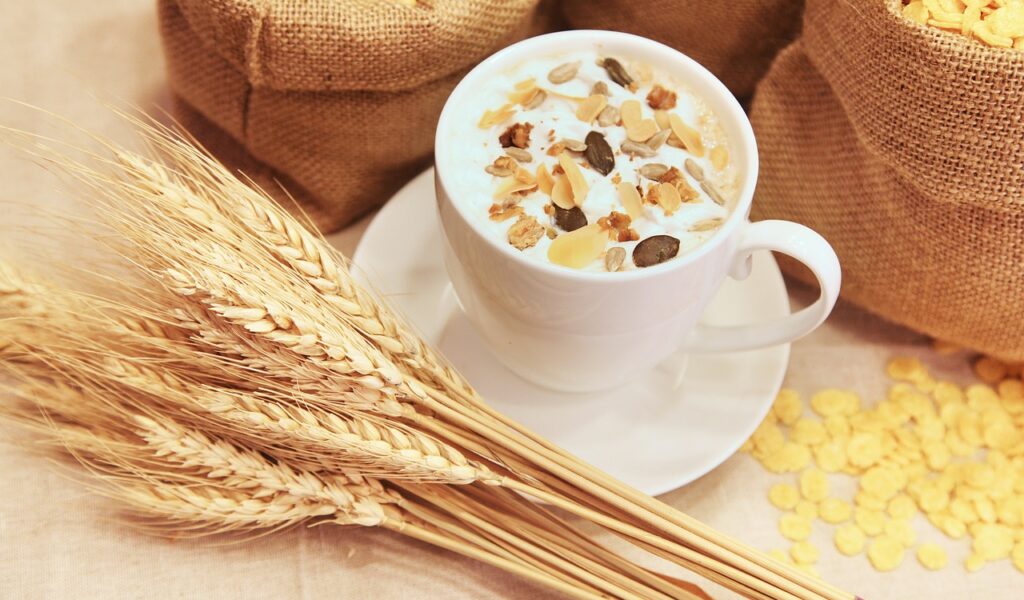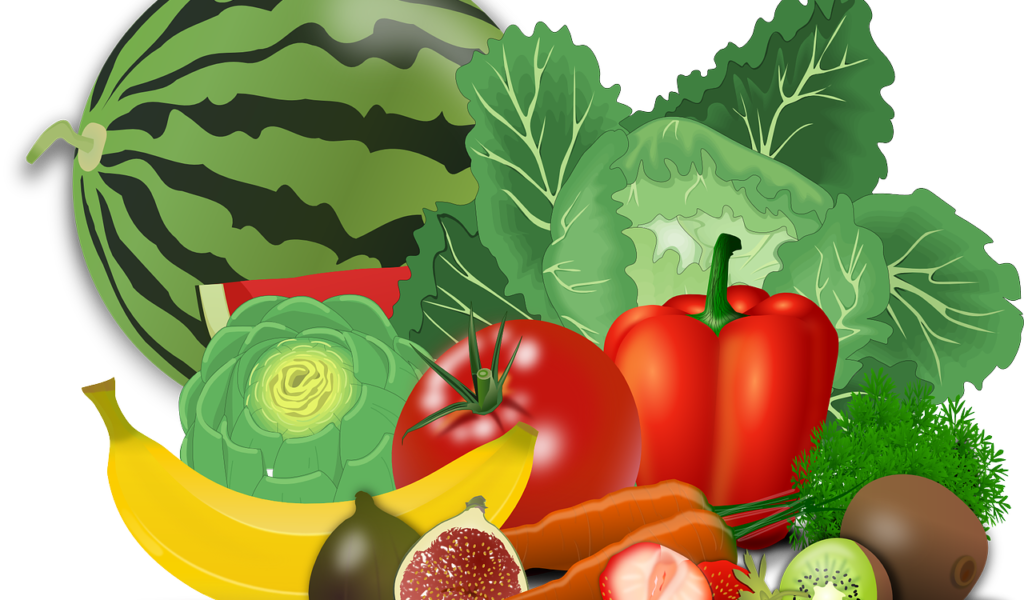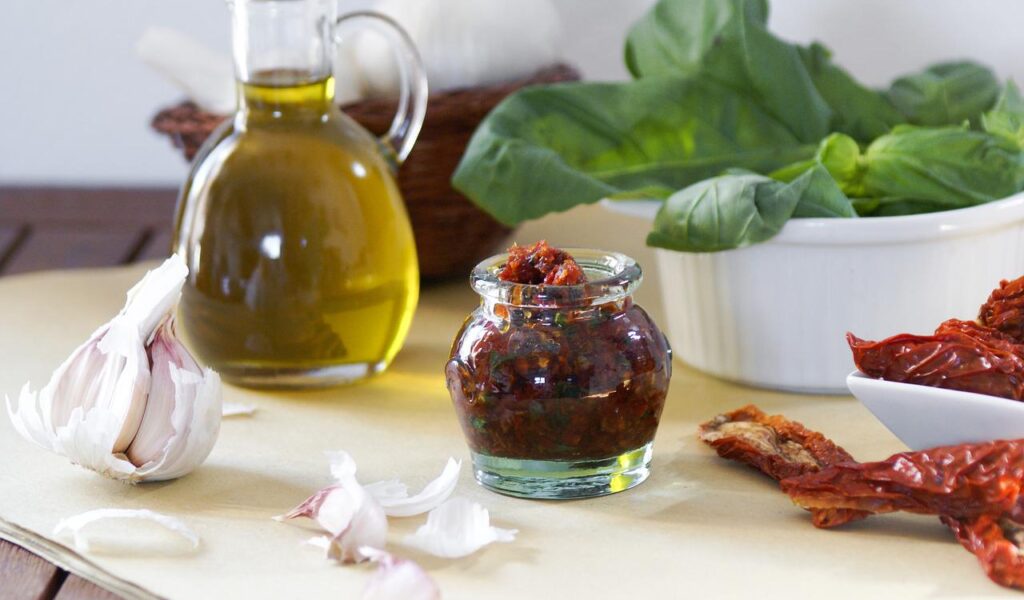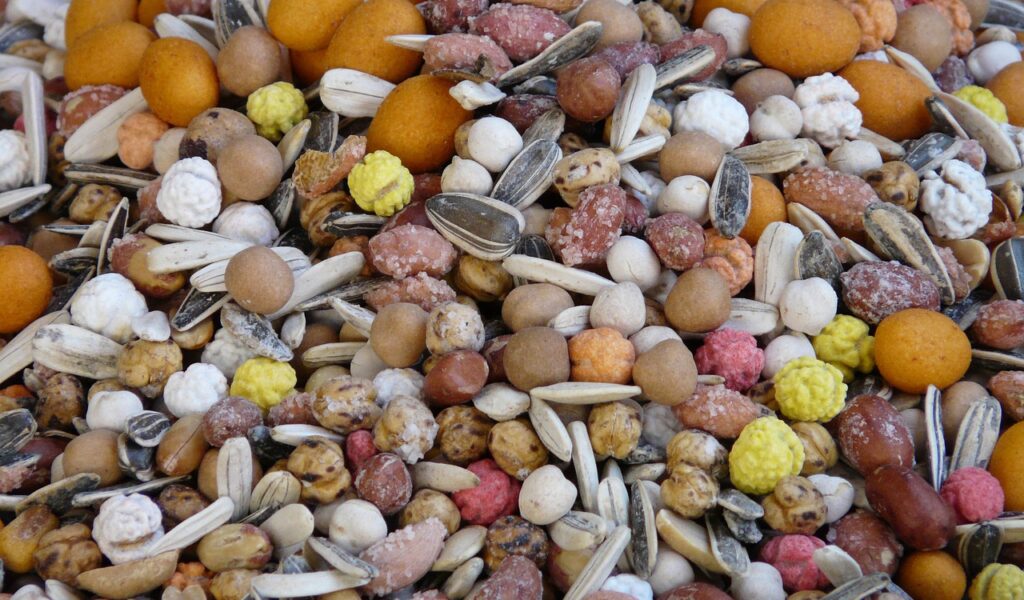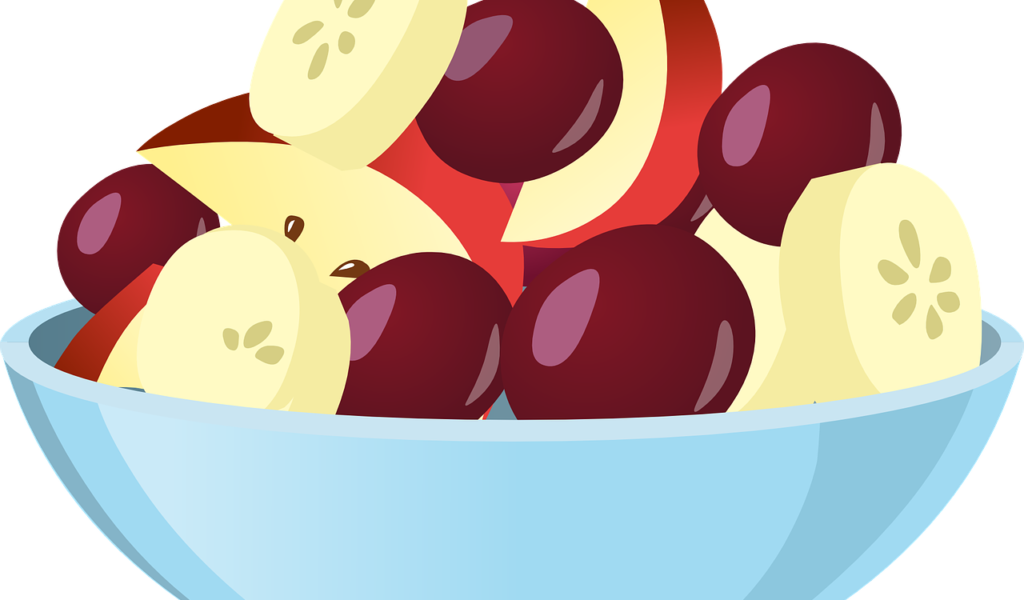Nutritional Health
Nutritional Health
Whole grains are considered to be an important part of a healthy diet. They are rich in essential nutrients, including fiber, B vitamins (thiamine, riboflavin, niacin and folate) and minerals (iron, magnesium and selenium). People who eat whole grains as part of a healthy diet enjoy improved heart health, better blood sugar control and protection against chronic disease.
Read More

Culinary Herbs/ Healthy Spices
Herbs and spices have been used since ancient times and play a significant role in the way we cook and consume food around the world. Traditionally, they have been used to flavor, color and preserve food. They have also been valued for medicinal purposes. Every herb and spice has its own flavoring and essence and healing properties.
Read More
Consuming a diverse array of fruits and vegetables is integral to promoting overall health and well-being. These nutrient-rich foods are packed with vitamins, minerals, and antioxidants that play crucial roles in supporting various bodily functions. Fruits and vegetables are particularly known for their high fiber content, aiding in digestion, promoting a feeling of fullness, and contributing to heart health by helping manage cholesterol levels. The abundance of antioxidants, such as vitamin C and phytochemicals, in these foods also helps combat oxidative stress, reducing the risk of chronic diseases and supporting the body’s immune system. Moreover, their natural sugars provide a healthier alternative to processed snacks, offering a quick and sustained energy boost. Regular consumption of fruits and vegetables has been associated with benefits such as improved vision, better weight management, and a reduced risk of developing certain cancers.
Readmore
A condiment is a seasoning or other edible substance used to enhance the taste of food. It can be as simple as sugar, salt, pepper, ketchup, mustard, vinegar or as complex as chutneys, sauces, salsas, pickles, relishes, jams, etc.
Readmore
A few simple changes can convert a traditional recipe into a tasty, healthy alternative for your family to enjoy. Explore some ideas by substituting millet and other grains and flours that are gluten free and/or have a lower glycemic index. Your body will thank you!
Readmore
Drinking Pure Water Helps to Maintain the Balance of Body Fluids. Your body is composed of about 60% water. Every single cell in your body requires water to function . The functions of these bodily fluids include digestion, absorption, circulation, creation of saliva, transportation of nutrients, and maintenance of body temperature. Proper hydration is an essential component of a healthy lifestyle — and water just happens to be the best way to stay hydrated. However, there are other healthy choices to hydrate your body
Healthy supplements are dietary supplements that can help
you meet your daily nutrient needs and improve your overall health and
well-being. They are typically rich in vitamins, minerals, antioxidants, and
other nutrients that are essential for optimal health. Some examples of healthy
supplements include multivitamins, omega-3 fatty acids, probiotics, vitamin D,
and magnesium.
Readmore
Nuts and seeds have been part of the human diet since Paleolithic times. They are a nutritionally rich food containing heart-healthy fats, fiber, plant protein, essential vitamins and minerals, and other bioactive compounds, including an array of phytochemicals that appear to have antioxidant and anti-inflammatory properties. Nuts are a good source of Vitamin E, Folic Acids, Magnesium, Potassium, and Calcium.
Studies have associated nut and seed consumption with a reduced incidence of coronary heart disease and gallstones in both genders and diabetes in women. Evidence also suggests beneficial effects on hypertension, cancer, and inflammation.
Determining the best cooking oil for a given situation can be quite confusing. Instead of using saturated and trans solid fats (including butter, shortening, lard and hard stick margarine), replace these cooking oils with healthier fats (monounsaturated and polyunsaturated) that are good for your heart.
There are several items to consider when choosing a cooking oil, including how it will be used , its distinct characteristics, nutrient composition and flavor. In general, choose oils with less than 4 grams of saturated fat per tablespoon, and no partially hydrogenated oils or trans fats. Consideration should be given to unrefined vs refined oils, organically sourced oils and whether the oil will be used in high, low or no heat situations.
A healthy snack provides essential nutrients and energy without excessive amounts of unhealthy ingredients such as added sugars, salts, saturated fats, refined carbohydrates and additives.
Healthy snacks are rich in nutrients such as vitamins, minerals, fiber, and antioxidants. They contribute positively to your overall nutrition without providing empty calories.
A good snack should have a balance of carbohydrates, proteins, and healthy fats to help keep you satisfied and provide a sustained release of energy.
Healthy snacks are often made from whole, minimally processed foods. This includes fresh fruits, vegetables, whole grains, lean proteins, and nuts.
